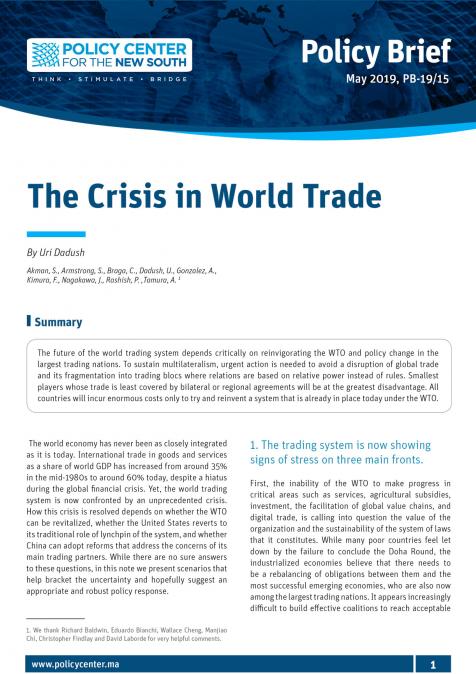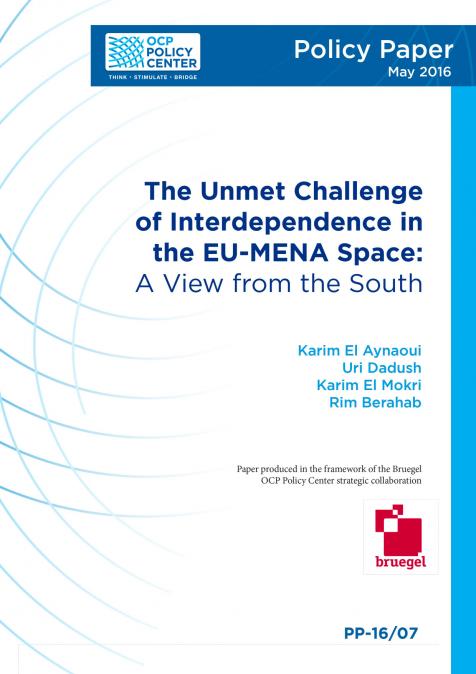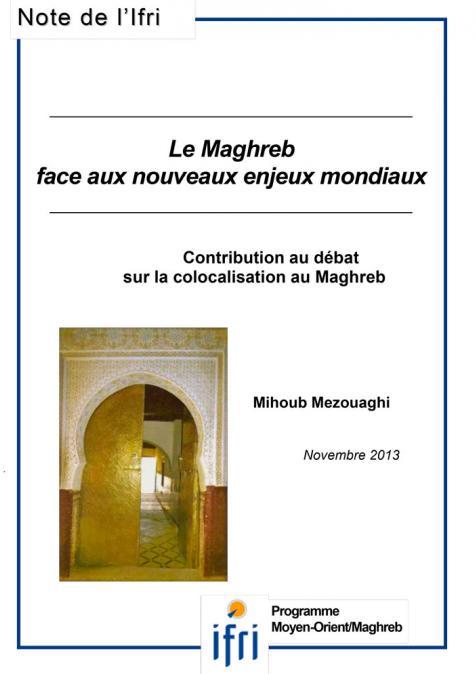Publications /
Policy Brief
This policy brief (PB), prepared for the G-20 Working Group on Trade, aims to provide decision-makers with a succinct review of the state of the trading system, to point to likely scenarios, and to serve as a background to or reference for the other six PBs prepared by the T20 Task Force on Trade, Investment and Globalization. The brief argues that the world trading system has been remarkably successful in many respects but that the present strain reflects causes which are deep-seated and require a strategic response. The future of the system depends critically on reinvigorating the WTO and policy change in the largest trading nations. Important measures are required to sustain the multilateral trading system, and urgent action is needed to avoid a scenario where the system fragments. The worst scenarios will disrupt global trade and see a world which splinters into large trading blocs (most likely centered around China, the European Union and the United States) and where trade relations are based to a large extent on relative power instead of rules. In such a world the smallest players – especially those whose trade is least covered by bilateral or regional agreements – will be at the greatest disadvantage. All countries will incur enormous costs only to try and reinvent a system that is already in place today under the WTO.





